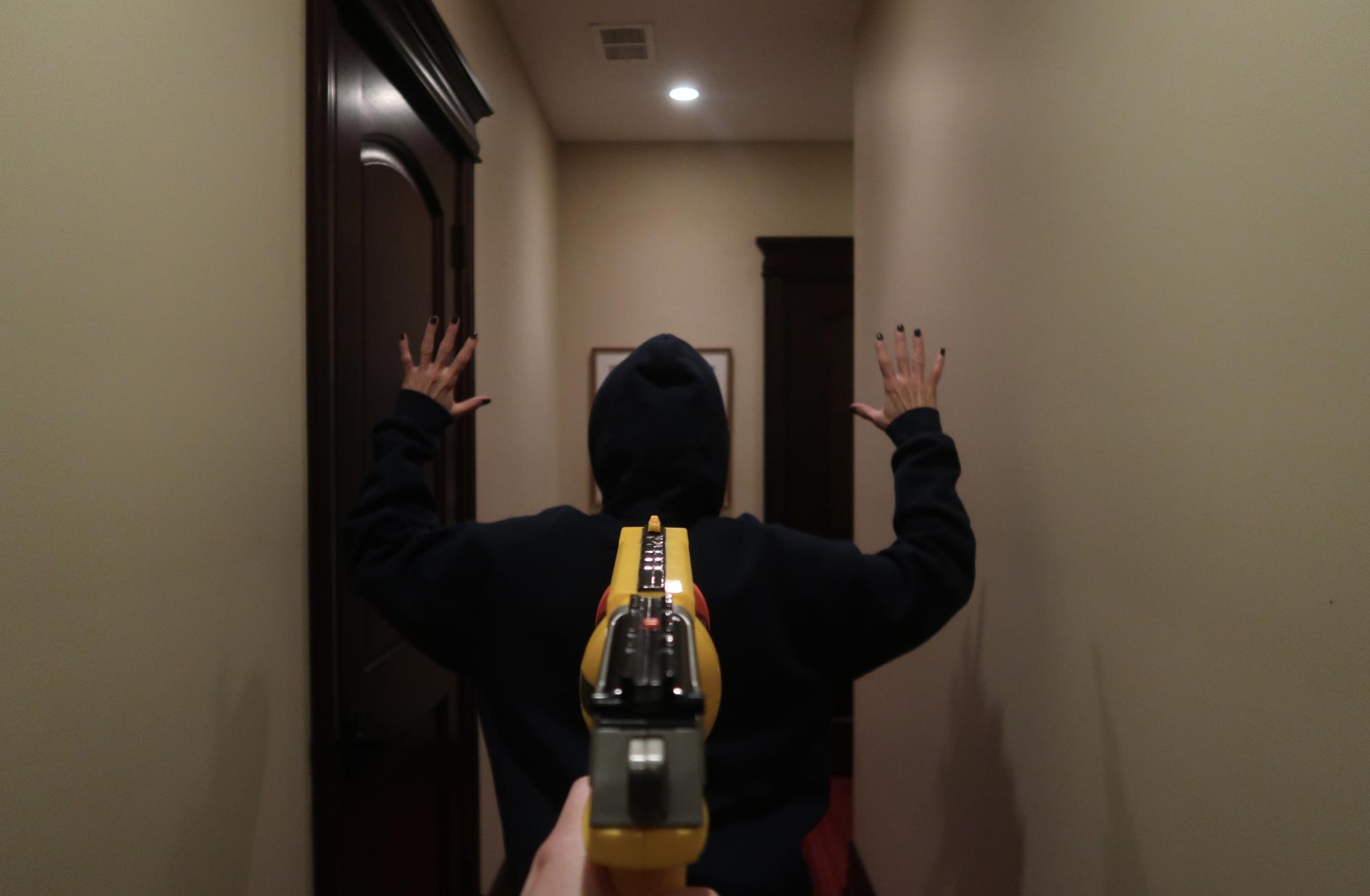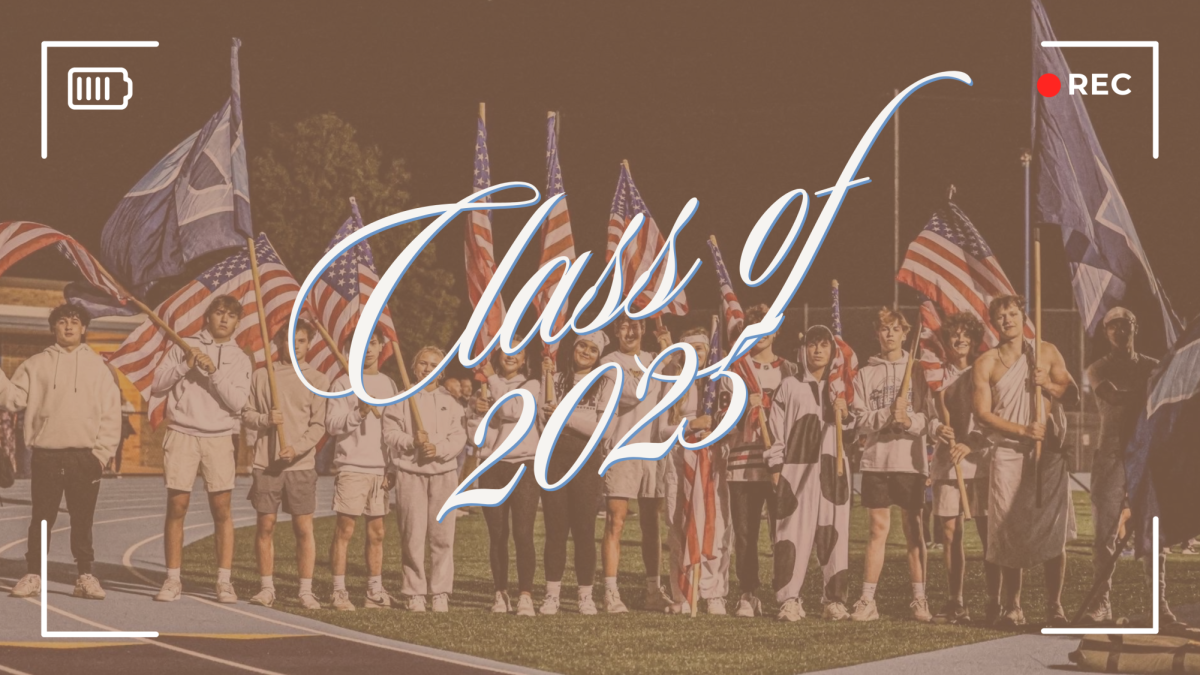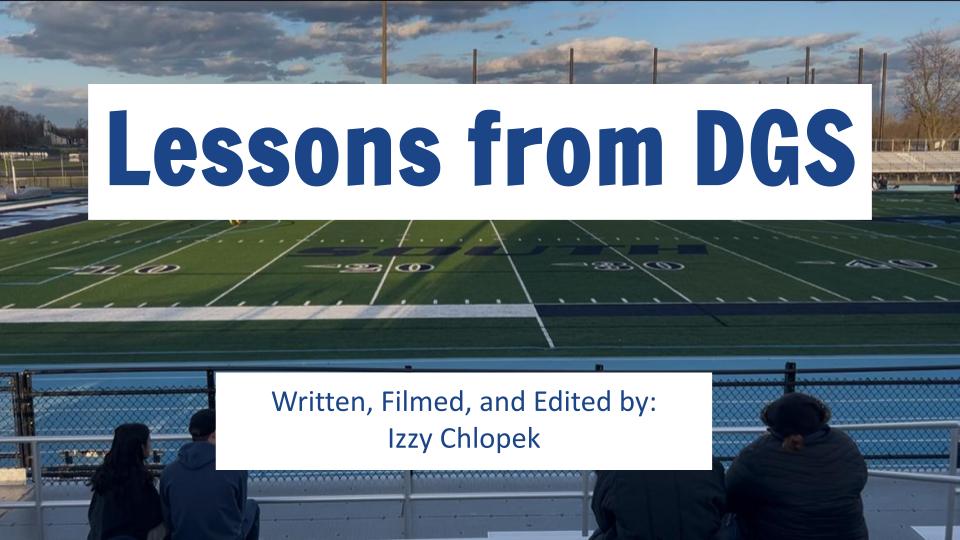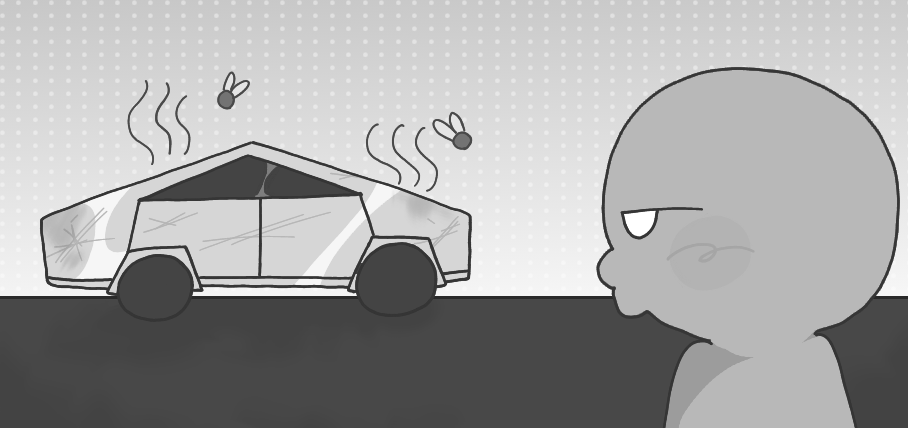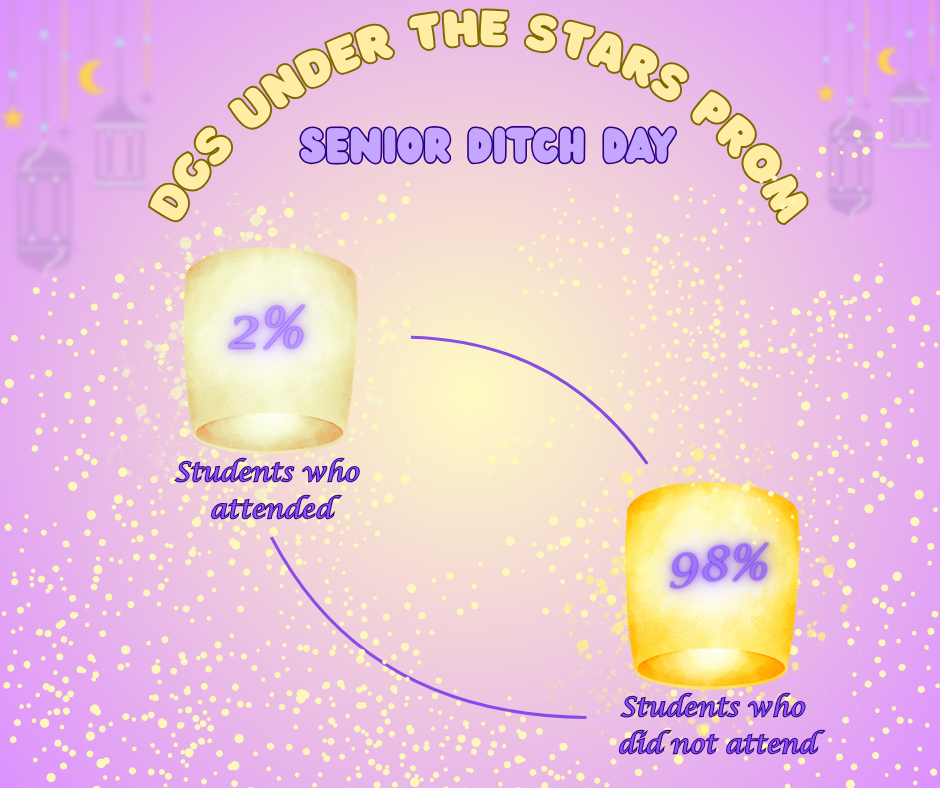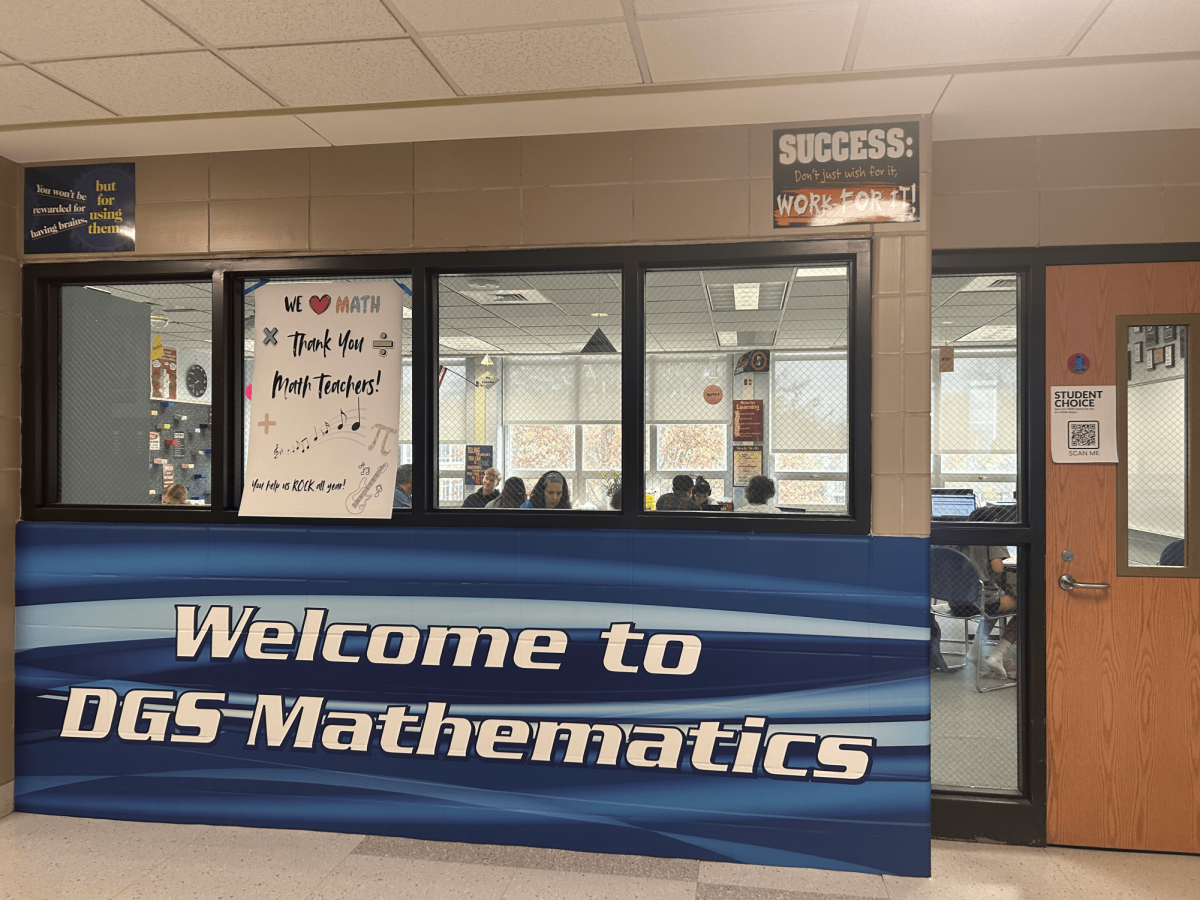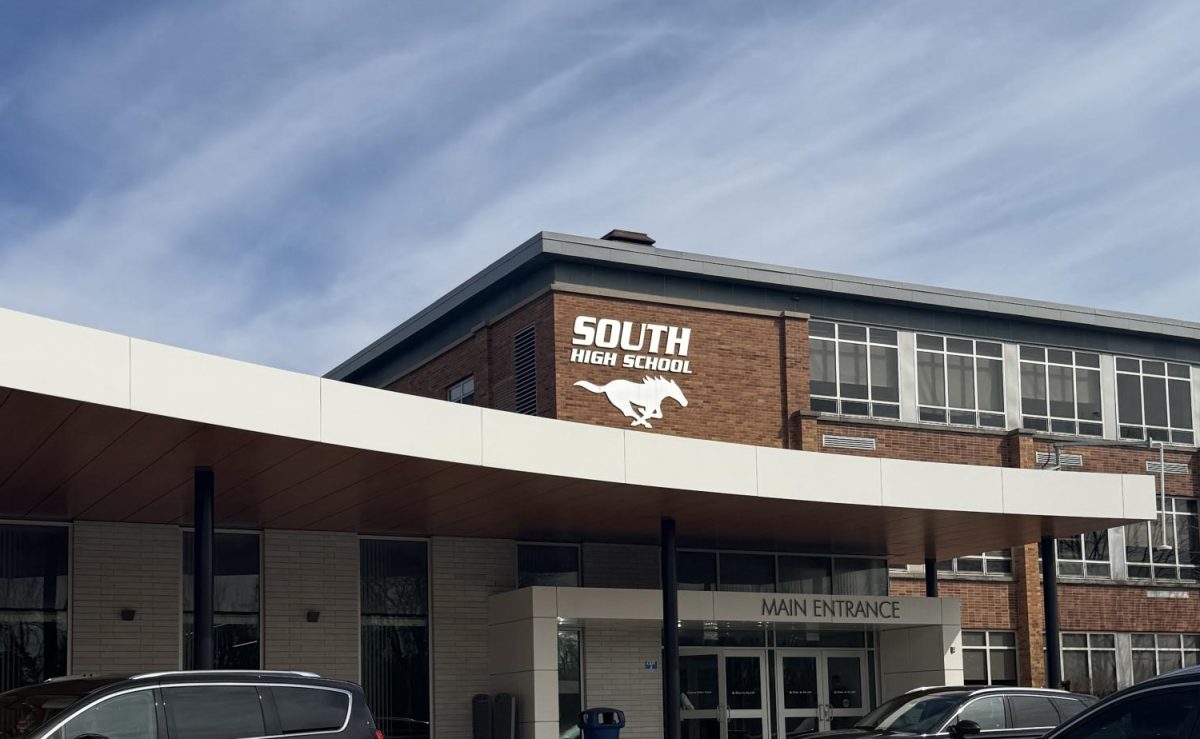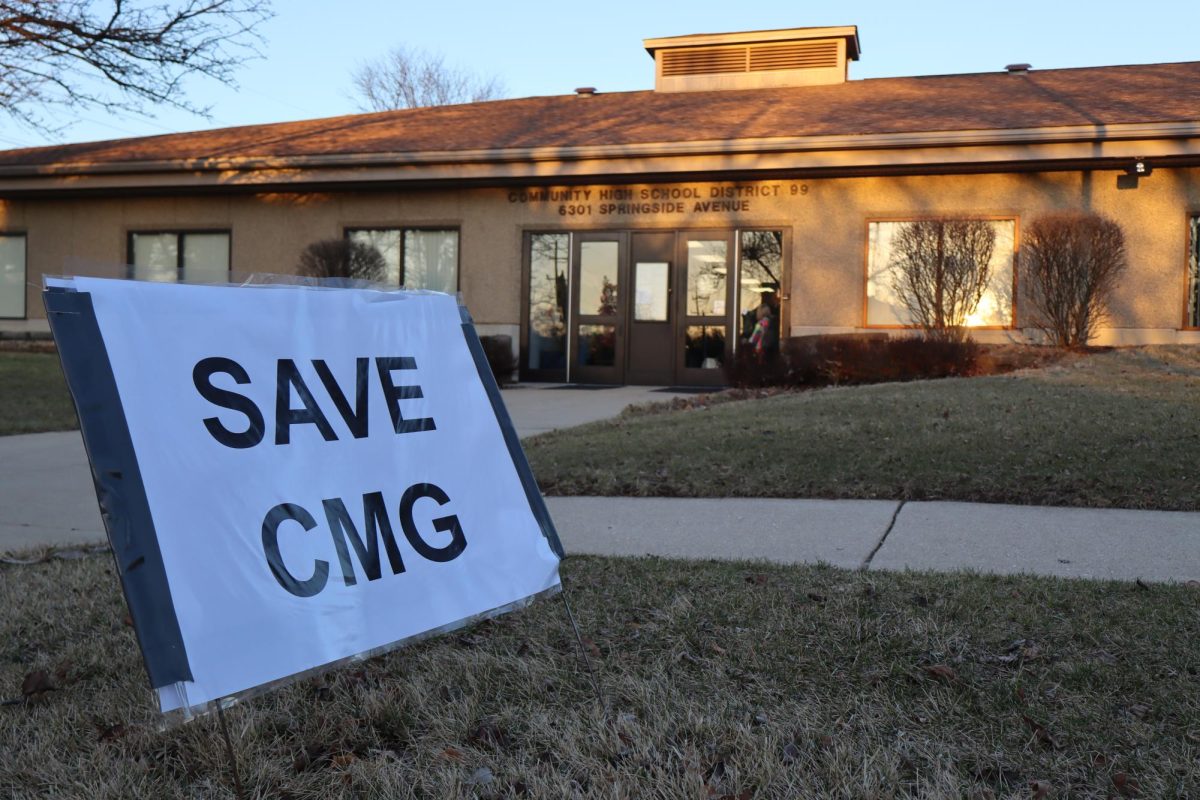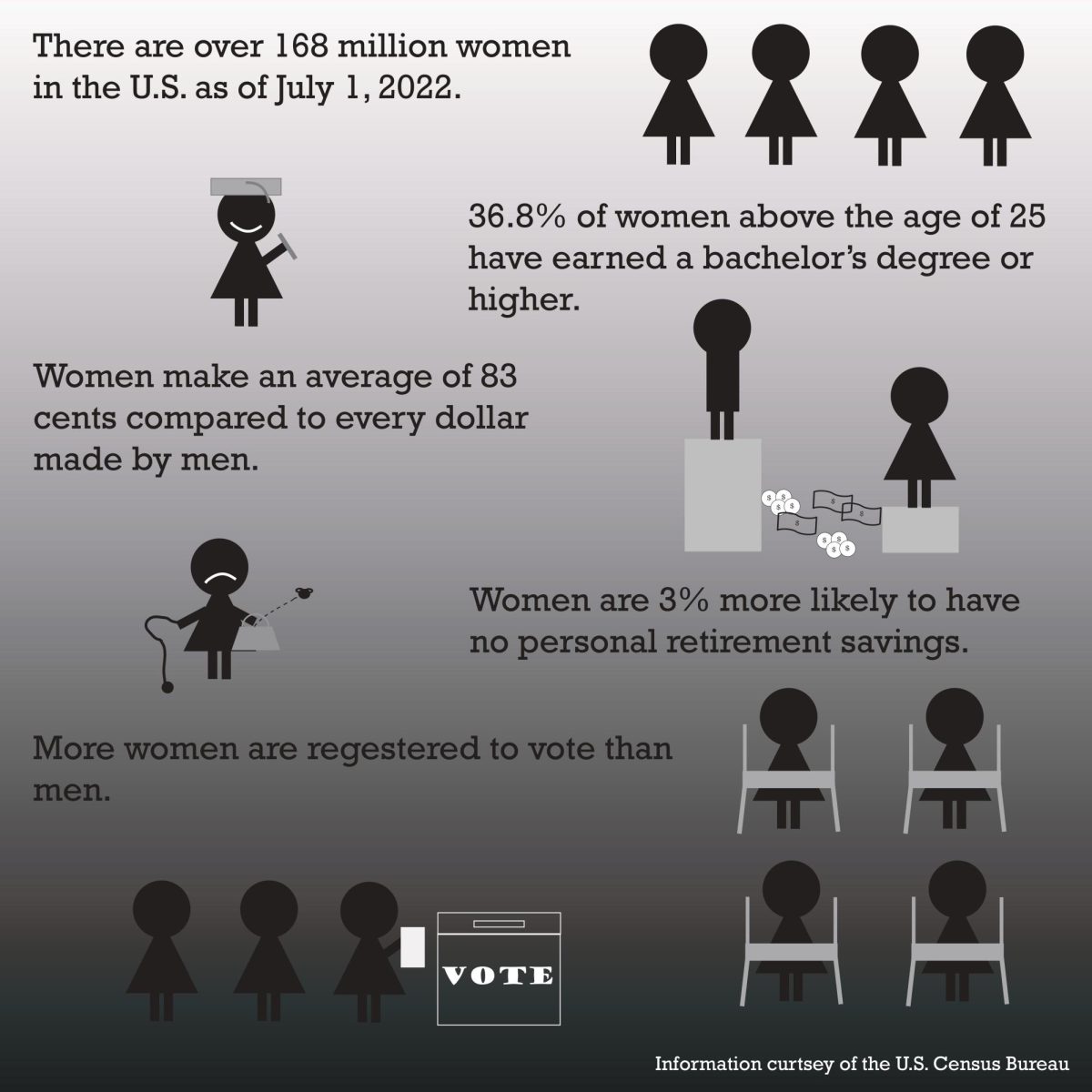At midnight on March 4, the first round of senior assassins commenced. The game entails students assembling into small teams and “hunting” other groups with Nerf guns in hopes of winning a $2,000 grand prize. The non-DGS sanctioned activity is a tradition for graduating seniors and acts as a celebration of their high school careers.
However, the seemingly enjoyable event has raised many safety concerns during its first few week-long rounds. The initial rules of senior assassins declared DGS a “safe space” from 8:10 a.m. to 3:30 p.m. With many after-school activities and sports being in session, players would flock to the DGS parking lot to try to “kill” their targets coming out of the school.
However, the game was quickly banned from all school property after administration raised safety concerns regarding the game being played in an active parking lot. Senior Hannah Galvan experienced the danger of playing the game in this location firsthand while being “hunted” after her soccer practice.
“Right after [practice] my assassins were waiting for me, so I had to run out in the parking lot and we were in a chase for about five minutes. There were people trying to pick up their kids, there were people beeping; I literally almost got hit by a car. I had to jump face-first and dive into my car to get away, and it was so scary,” Galvan said.
The game has also been banned from certain individual establishments, such as New Wave Volleyball Club in Darien and Elite Sports Complex in Downers Grove.
With the inability to shoot students at school and certain after-school facilities, many players turned to finding their targets at their homes. Hiding in bushes, running in garages and waiting outside front doors became common tactics for trying to shoot players. However, many parents and neighbors labeled these actions as “trespassing,” and the cops were called on certain teams.
“The police came up to us, told us why they were called and told us that they know we are playing a game, so if we just leave, it’s fine just don’t go back to that house again. In the moment, I was very angry with the mom [who called the cops] because they just ruined the entire game for my team, but I wasn’t worried while the cops came, as I knew we did nothing wrong and the cop was really chill about the situation, making it a easy and calm situation to deal with,” senior Jake Imrisek said.
This created tension between teams, and many players took to the @dgsassassins2024 Instagram account to express their feelings regarding the game using fake accounts hiding their identities. Comments such as “it’s over for you,” “FAKEE” and “#fraud” were left under videos and pictures posted to the account.
Due to this influx in anonymous comments, the senior “gamemaster,” or the student in charge of organizing and running the game, chose to make the account private.
“We experienced an influx of negative and hateful comments from people who were so insecure as to require a fake account. We make a practice of allowing any viewpoint on our performance and the game in general, however, I will not stand for harassment of my team by anonymous online trolls,” the game coordinator said.
Individuals also utilized their personal social media accounts to publicly post about other players. Posts included making fun of their appearance, relationships and even suggesting a fight between teams to settle their tensions.
“I heard rumors that there was a fight between two people. I think it’s crazy that people would even go to that length and actually fight over a game that only one team is going to win, and neither of them probably would win,” senior Sophie Ring said.
Many players also chose to follow their targets in the car, attempting to learn their schedules during the week. However, the driving techniques displayed led many targets, including senior Ariana Huenefeld, to feel unsafe in the car.
“We were getting chased by our assassin, and it was me and two other people in my group. The car behind us who was chasing us was following us with his headlights off the entire way; we were driving down the highway for 25 to 30 minutes. He was following us on our literal bumper the whole entire time until we finally lost them at a light and had to zoom home. It was so scary and I felt very unsafe; I can’t even express how horrible of a situation it was,” Huenefeld said.
This “hunting” tactic became more popular as the weeks progressed, and it even caused a handful of players to be involved in collisions while followed by their assassins.
There have also been complaints about the rules issued by the game coordinator. The round one rulebook specifically stated any team caught colluding, or helping another team “kill” their targets, would immediately be expelled from the game. However, many players ignored this rule and worked with other teams to set up their targets for a kill, like informing when players were outside their house, sharing addresses or giving out work and practice schedules.
“We went to our target’s house when it was completely dark outside; two of my teammates were on the side of his house waiting for him to come home and then the other one was across the street behind a tree. Then we see our assassin’s car pull up right in front of where my teammate behind the tree was and then we see our target pull up to his house and start talking to our assassins. There was no way that our assassins would know where we were without them communicating with our targets,” senior Maeve Galvan said.
“The same assassins put a $40 bounty on one of my teammates and gave, like, 30 people her address because he wanted them to come shoot her. This game was just really intense for no reason,” Galvan said.
Although teams were thought to be breaking the rules, the “gamemaster” allowed many teams with colluding allegations against them to continue playing in the game, and later took out the rule for round two.
“I think teams that had the [colluding] allegations against them should have all been kicked out the first round because that was what was stated in the rules, and for him to sort of just change the rules for the second round and kind of forget about those teams that cheated, I think it’s unfair for the teams that got out legitly in the first round and I think it’s just kind of corrupt for him to do that. I think it kind of ruined the game a little bit to start,” senior Aaron Davis said.
The game coordinator, however, did kick teams out of the game during the first week, but for reasons unknown to the players. Senior Kayden Christ was a member of one of the teams expelled from the game.
“We were not given any reasons formally, we were just notified that we broke game rules and were being kicked out from the DGS assassins Instagram story. I reached out to the game manager for an explanation and never got one, so we never found out why we got kicked out,” Christ said.
The game coordinator supported the claim that teams were removed for rule infractions and potential legal issues.
“It was explained from the beginning that teams were paying for the privilege of participating, and that privilege would be taken away if they chose to act in ways contrary to our rules because of the threat that posed to player safety and the entire game,” the game coordinator said.
The involved teams retaliated against their expulsion and even created petitions for other players to sign.
“We started the petition because we felt like we at least deserved a warning before being kicked out indefinitely, especially since we never found out why we were kicked out. We felt very blindsided and confused and other teams that were kicked out also started one so we decided to join forces with the other teams affected. We also were receiving a lot of support from teams that were still in the game; not a lot of people agreed with the decision,” Christ said.
Despite receiving over 100 signatures, they were never allowed back into the game.
“We thought starting [the petition] would at least get the attention of the game manager, but it ended up not working out for us or any of the other teams unfortunately. Even though our teams got plenty of signatures, it just didn’t work out for us. I don’t think the game manager cared enough, and life is better not in the game anyways. We were upset at first but we’ve made peace with it because we don’t have to worry about being stalked anymore,” Christ said.
With the rise of safety concerns and controversies, many players have lost interest in the game. Over 20 teams were eliminated after the second round, and multiple players, including senior Kyle Martin, accepted money from their assassins in exchange for being “killed.”
“I was paid $15 to get shot, but I heard that some teams were getting over $100 for all their members to be ‘killed.’ I was done playing the game; it was getting boring and was becoming very confusing. It was also too much work with school and baseball, so I figured I would just be done with the game,” Martin said.
Currently, eight teams remain, and the game is projected to end at 12 p.m. on April 27.



